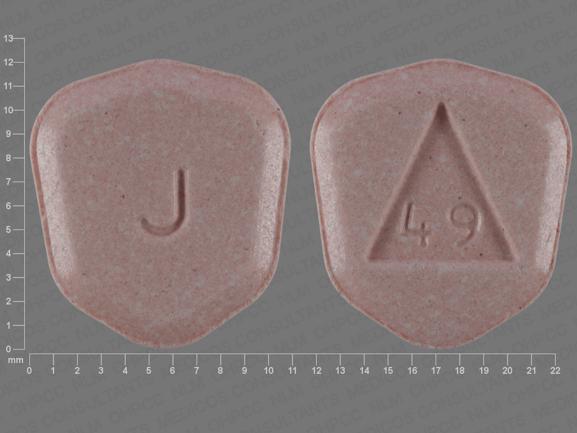Acyclovir Side Effects
Acyclovir is an antiviral drug that slows the growth and spread of the herpes virus in the body. It may be used to treat herpes infections such as:
- Chickenpox
- Cold sores
- Genital herpes
- Shingles.
Acyclovir can be given orally (by mouth) or as an injection.
What are the more common side effects of acyclovir?
Acyclovir is usually well-tolerated, and most side effects are mild. Examples of commonly reported side effects with oral acyclovir include:
- Diarrhea
- Headache
- Itching
- Mild skin pain
- Mouth pain (if using an acyclovir buccal tablet)
- Nausea
- Rash
- Vomiting
Examples of commonly reported side effects with injectable acyclovir include:
- Nausea
- Redness or inflammation around the injection site
- Vomiting.
What are some mild side effects of acyclovir?
Acyclovir may cause mild side effects. Examples of mild side effects reported with acyclovir include:
- Diarrhea
- Difficulty sleeping
- Dizziness
- Fatigue (lacking in energy) or feeling tired
- Fever
- Flushing or skin redness or unusually warm skin
- Headache
- Itching
- Loss of appetite
- Menstrual abnormalities
- Mild skin pain
- Mouth or gum pain (if using an acyclovir buccal tablet)
- Mouth ulcers (Canker sores) or other sores in the mouth
- Muscle or leg pain
- Nausea
- Rash
- Sleepiness
- Sore throat
- Stomach pain
- Sweating
- Taste disturbances
- Thirst
- Urticaria (hives)
- Vomiting
What are some serious side effects of acyclovir?
Serious side effects may occur rarely with acyclovir. Examples of these serious side effects that have been reported with acyclovir include:
- Blood in the urine (hematuria)
- Chest pain or palpitations
- Decreases in red or white blood cells or changes to the way the blood clots
- Hair loss (alopecia)
- Increases in laboratory test results for blood urea nitrogen or creatinine
- Kidney problems, such as decreases in how often you urinate or pain during urination, pain in the kidneys, problems with the functioning of your kidneys (renal impairment), crystals in your urine (crystalluria), or your kidneys stop working (acute renal failure)
- Liver enzyme changes, increases in bilirubin, or liver inflammation
- Low blood pressure
- Lymph node swelling
- Mental health changes such as agitation or aggression, confusion, depression, hallucinations, psychotic symptoms
- Problems with the nervous system (ataxia)
- Seizures or convulsions
- Serious skin reactions such as Stevens-Johnson syndrome or toxic epidermal necrolysis
- Serious allergic reactions, such as angioedema or anaphylaxis
- Severe reactions following an acyclovir injection such as tissue death (tissue necrosis)
- Shortness of breath
- Speech disturbances
- Swelling in the lower legs, ankles, or feet (peripheral edema)
- Tremors
- Unconsciousness (coma) or brain damage (extremely rare)
- Vision changes or eye inflammation (Pars planitis)
FAQs about acyclovir’s side effects
Here is a selection of our most commonly asked questions about acyclovir’s side effects.
Does acyclovir cause any long-term side effects?
In most cases, acyclovir’s side effects are only temporary, and go away once you stop taking the drug, or after you have been taking it for a couple of days.
Very rarely, some side effects may persist long term or require other medications to resolve. If you have any questions, talk with your doctor.
Can you drink alcohol while taking acyclovir?
Although there is no direct interaction between alcohol and acyclovir, alcohol will not interfere with the way acyclovir works and acyclovir will still be effective.
However, it is best to avoid alcohol if you have any type of infection, including herpes which acyclovir treats, because alcohol can suppress your immune system and also increase the risk of side effects, such as nausea, vomiting, dizziness, or a headache, when taken with acyclovir.
Can acyclovir cause an allergic reaction?
Like most medications, acyclovir can cause an allergic reaction in some people. Symptoms may include:
- Difficulty breathing
- Fast heartbeat
- Rash
- Skin flushing or redness
- Swelling under the skin or around the face, eyes, or throat.
Call your doctor right away or seek emergency help by calling 911 if the reaction is severe. If your symptoms are mild, then an oral antihistamine, such as diphenhydramine can help resolve your symptoms.

